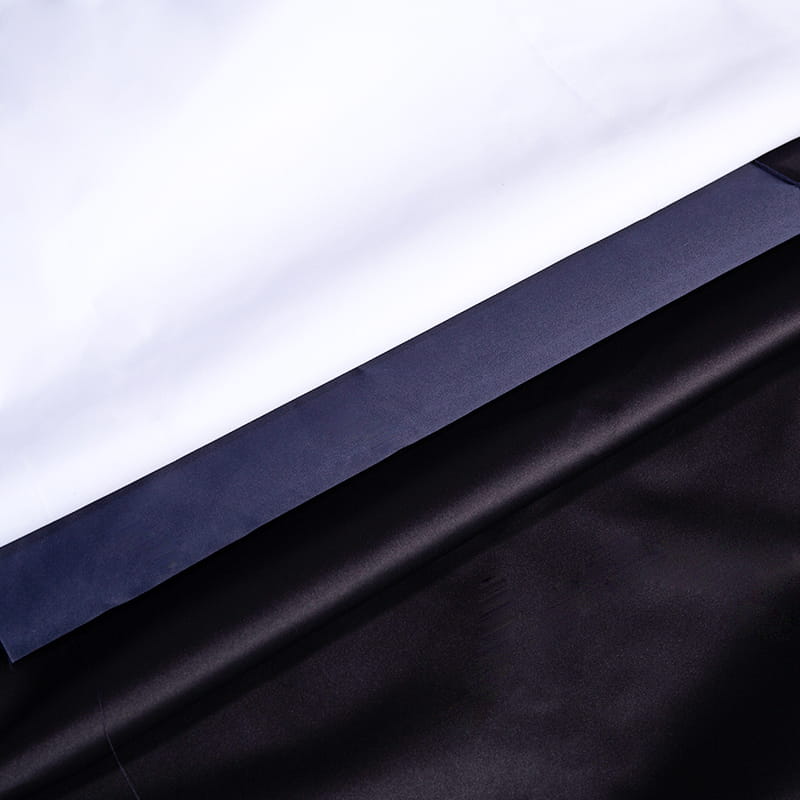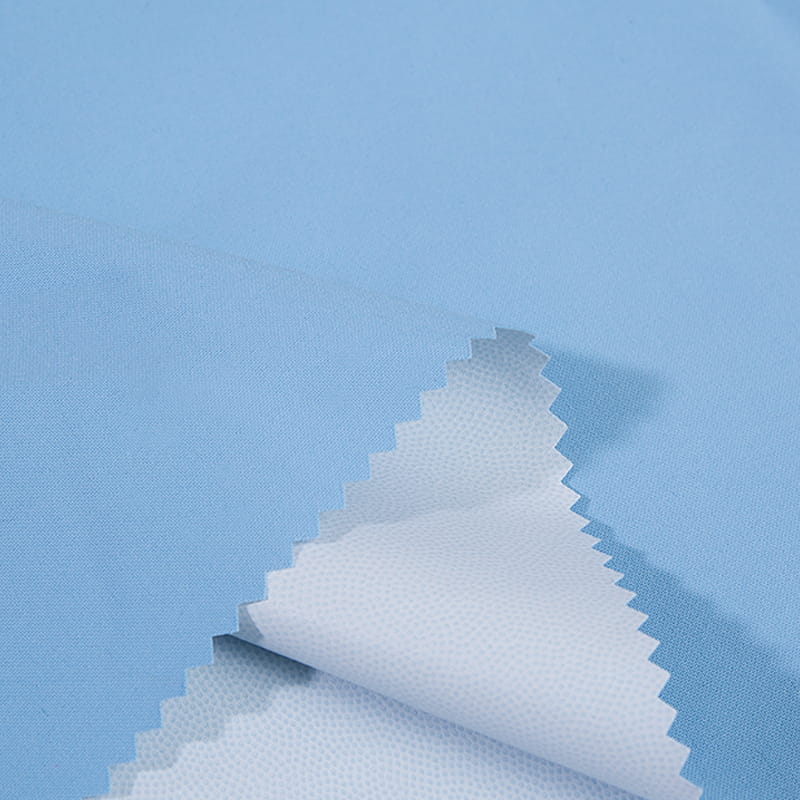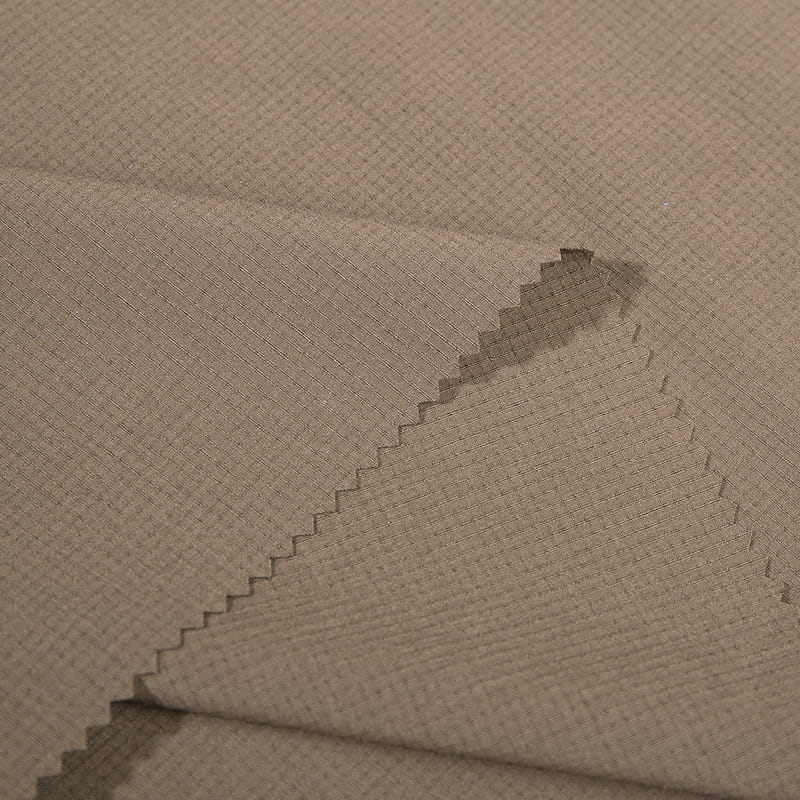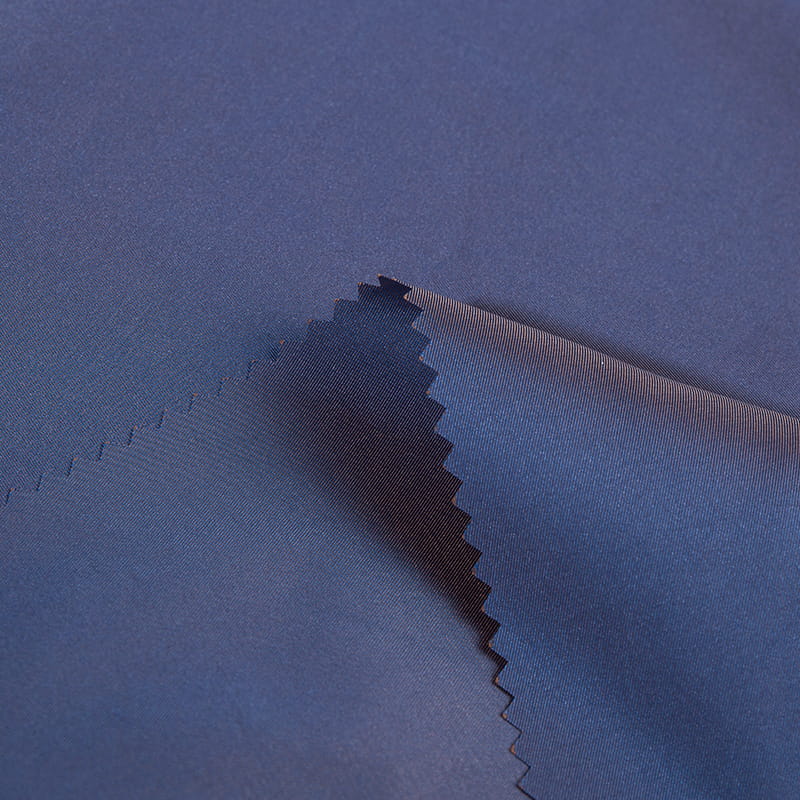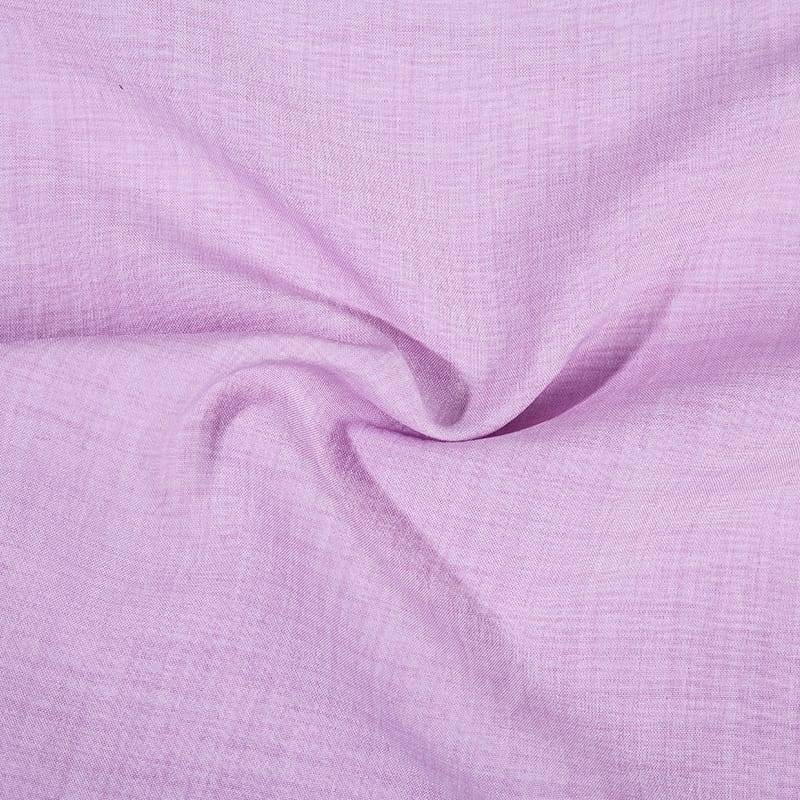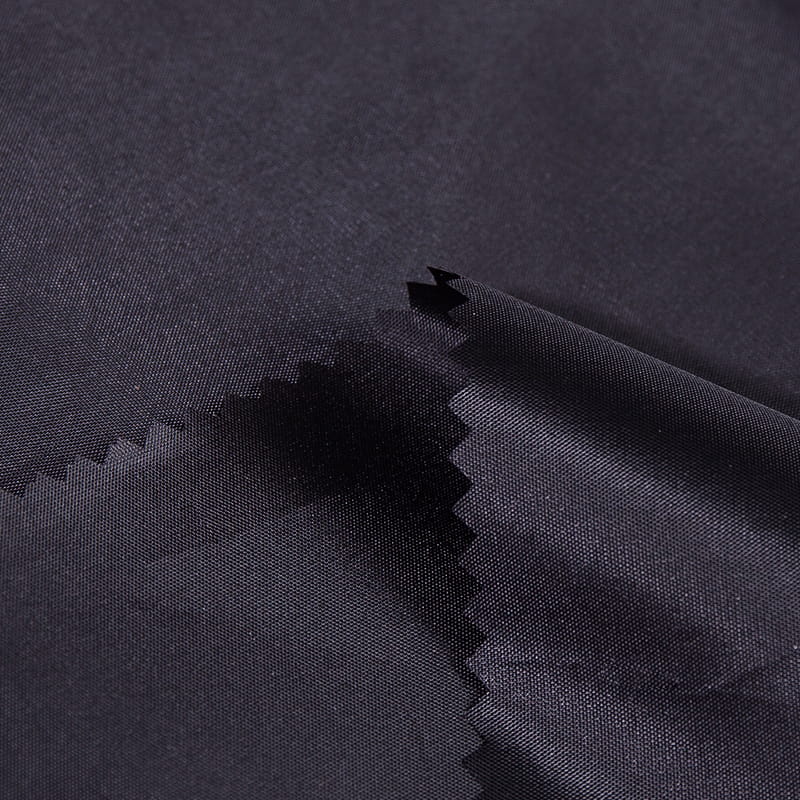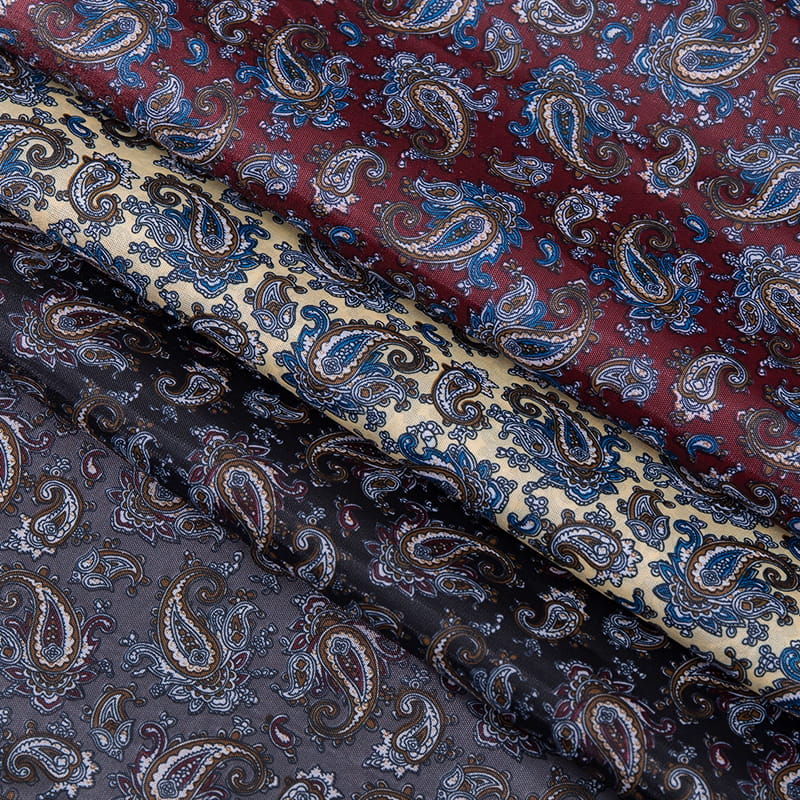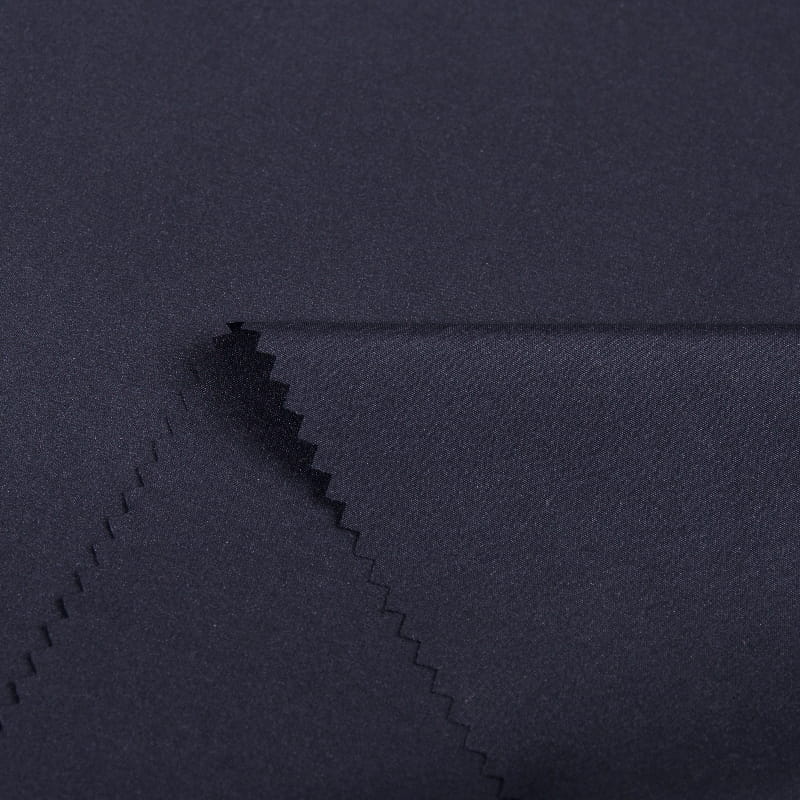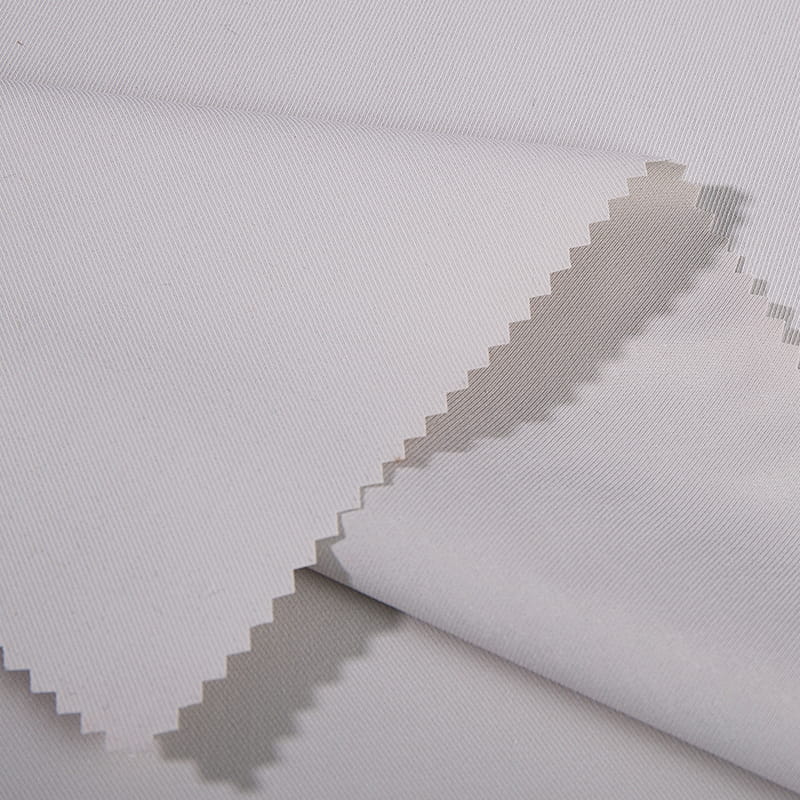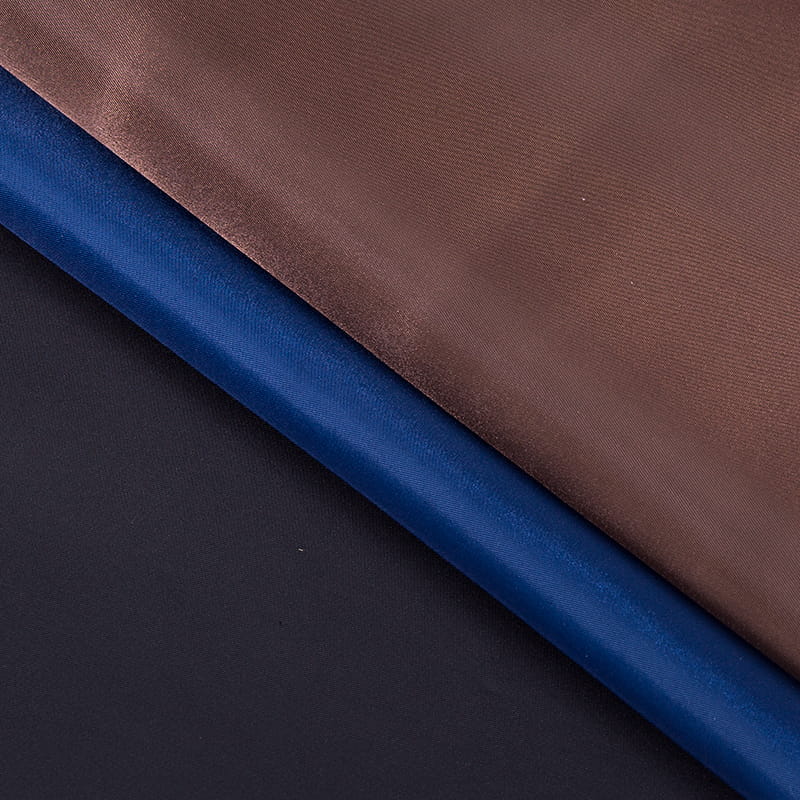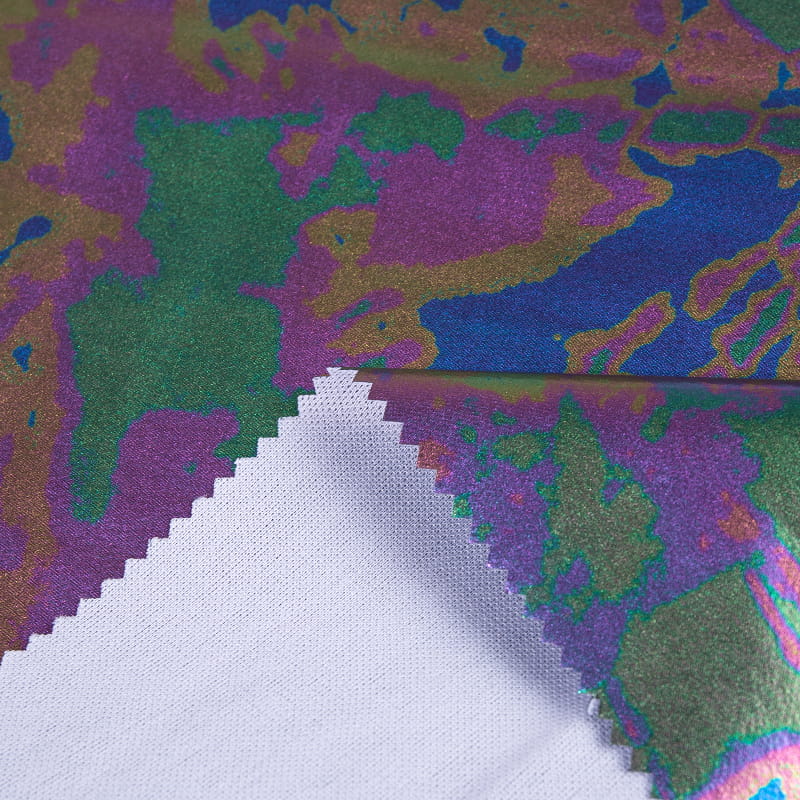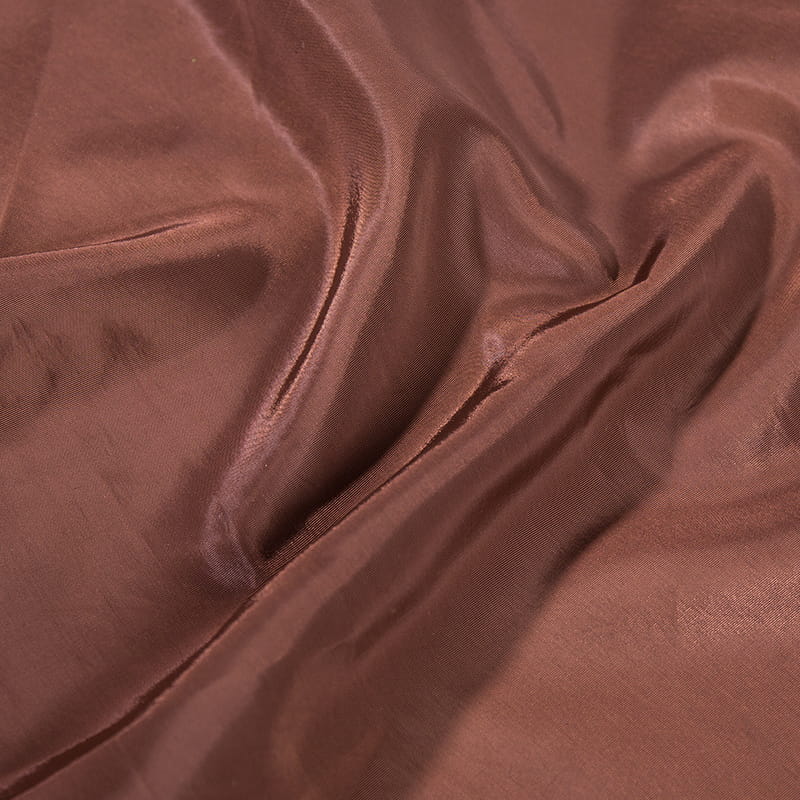Chemical resistance analysis of PVC Coating Polyester Taffeta
2025-01-02
1. Chemical composition analysis of PVC coated polyester taffeta
PVC (polyvinyl chloride) coating itself is a synthetic plastic with strong chemical stability. This material shows good resistance to a variety of chemicals at room temperature. Polyester taffeta, as a base fabric, is usually woven from polyester fibers (such as polyester), which themselves also have certain chemical resistance. Therefore, when PVC coating is combined with polyester taffeta, the chemical resistance of the fabric is greatly improved, and it has the ability to withstand a variety of common chemicals.
2. Acid and alkali resistance
PVC Coating Polyester Taffeta is particularly outstanding in acid and alkali resistance. Acidic and alkaline substances are the most common chemicals in industrial production and laboratory environments, and these substances often corrode ordinary fabrics. PVC coating is resistant to corrosion by weak acids and weak bases due to the stability of its chemical molecular structure. Even if it is exposed to high-concentration acidic or alkaline solutions for a long time, the PVC coating will not be significantly damaged or deformed, which makes this fabric widely used in chemical, laboratory and other fields.
Polyester fiber itself also has strong acid and alkali resistance. Therefore, the overall performance of PVC coated polyester taffeta can still be maintained at a high level when facing strong acids or alkalis. This acid and alkali resistance makes this fabric suitable for environments where it needs to be exposed to these chemicals, such as protective clothing in the chemical industry, cleaning equipment covers, and chemical reagent container jackets.
3. Oil and fat resistance
Another outstanding feature of PVC coated polyester taffeta is its excellent oil and fat resistance. Oil substances are exposed in many industrial production processes, such as machinery manufacturing, automobile maintenance, and ore mining. These oil substances can often penetrate and damage ordinary fabrics, causing the fabric to lose its original strength and function. The PVC coating can effectively prevent the penetration of oil substances and maintain the stability of the fabric.
The chemical structure of PVC has a low lipophilicity, so that oil stains will not easily penetrate into the fiber of the fabric. This feature makes PVC coated polyester taffeta very suitable for industrial environments with more oil stains, protective clothing in the petrochemical industry, protective covers for mechanical equipment, etc. In the food industry, PVC-coated polyester taffeta can also avoid the penetration and damage of fatty substances, ensuring the durability and cleanliness of the material.
4. Solvent resistance
Many industrial processes involve the use of organic solvents, which may be highly corrosive and can dissolve or corrode many common materials. PVC-coated polyester taffeta has good resistance to most organic solvents. Due to the structural characteristics of PVC, it can resist the erosion of many common solvents (such as alcohols, ethers, ketones, etc.), preventing these solvents from causing changes in its physical properties after contact with the fabric.
This solvent resistance makes PVC-coated polyester taffeta a very important material in industries such as chemical experiments and paint processes. It can effectively protect workers from solvent damage to the skin, and can also maintain its integrity and function in the case of long-term contact with solvents.
5. Antioxidant properties
Oxidation usually occurs after the material has been in contact with oxygen for a long time. The oxidation reaction may cause the fabric to fade, become brittle or lose its original physical properties. PVC-coated polyester taffeta has strong antioxidative properties. The chemical stability of the PVC coating enables its surface to resist the erosion of oxygen, avoiding fading or brittleness. Especially in outdoor environments, where it is exposed to the air for a long time, PVC-coated polyester taffeta can better maintain its color and physical strength.
This feature makes this fabric widely used in outdoor sunshades, tents, shelters, etc., which can effectively resist oxidizing substances in the air and extend its service life.
6. Interaction between water resistance and chemicals
PVC-coated polyester taffeta has very strong water resistance, and moisture will not easily penetrate into the fabric, keeping its structure stable. Moisture usually aggravates the corrosive effects of certain chemicals, especially strong acids, strong alkalis or salt solutions. PVC coating can prevent moisture penetration, thereby reducing direct contact between water and chemicals, further enhancing the durability of the fabric in complex environments.
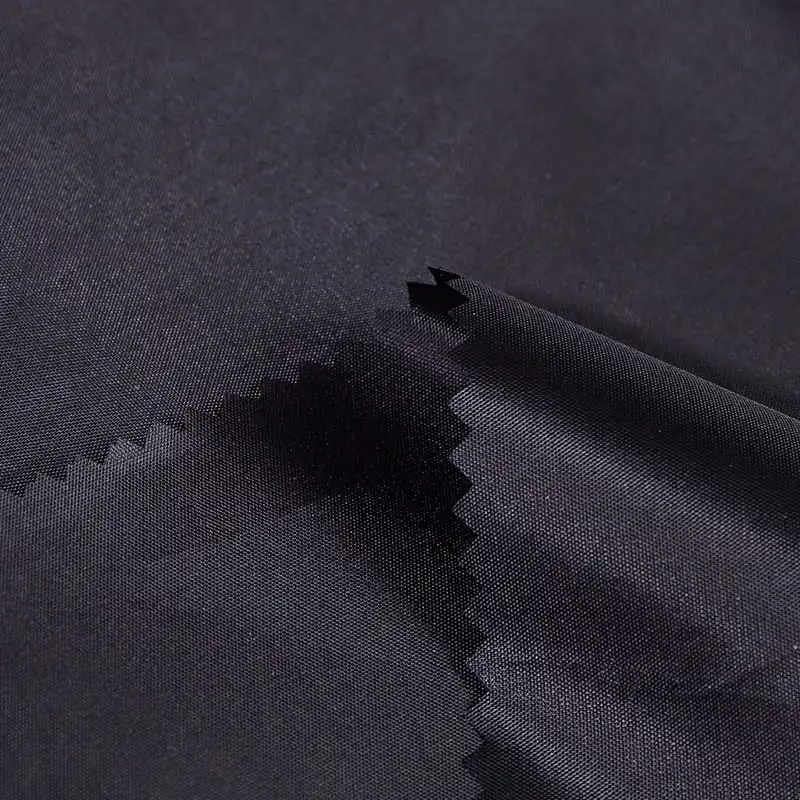

 English
English русский
русский عربى
عربى